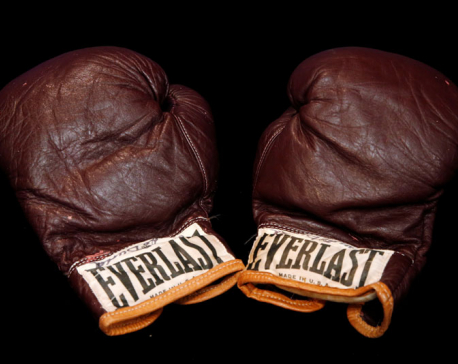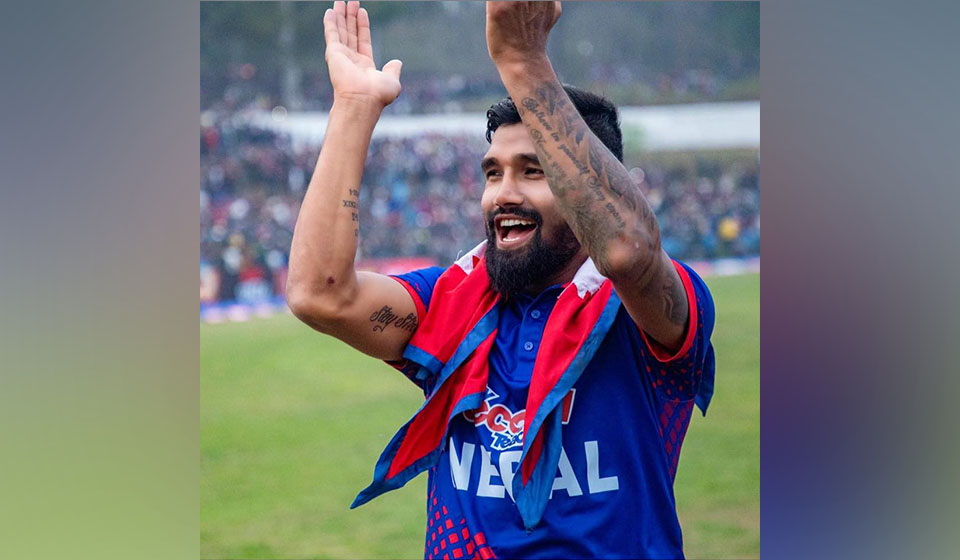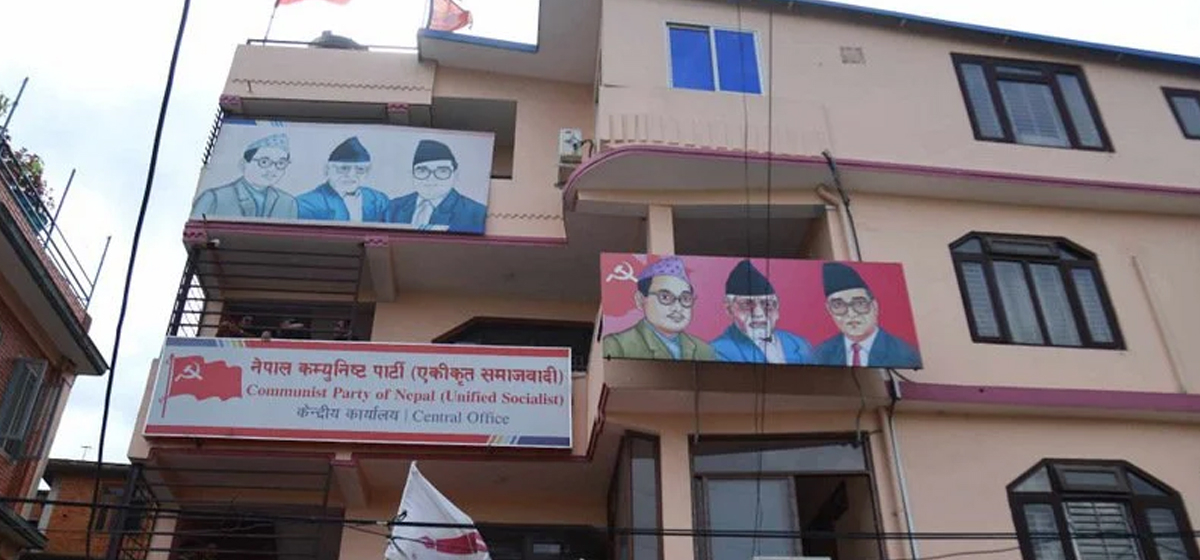
OR


Simone Galimberti
Simone Galimberti is the Co-Founder of ENGAGE, an NGO partnering with youths to promote social inclusion in Nepal.simone_engage@yahoo.com
Social inclusion can be practiced starting from a basketball court and advance in the streets and corners of the nation
There are many ways to support empowerment process of youths. One of the most effective ways being leveraging the power of sports to bring positive social change. Sports can have an impact on creating a better planet by reducing inequalities, climate and environmental hazards by allowing citizens from all over world, regardless of their gender and ethnicities to thrive sustainably. Making people aware of long lasting challenges that affect the planet is not an easy task. Yet if we fully utilize sports as a platform for social transformation, incredible changes can happen.
Confronting old stereotypes and biases is a long-term endeavor, often an inter-generational undertaking that can succeed, if a combination of small and incremental steps and bolder actions are taken together. Think about social stigma surrounding marginalized groups like Dalit or any other segments of the society that have their rights denied on the daily basis.
Sports related activities are often used to create a new understanding in complex dynamics affecting the gaps between disadvantaged and privileged groups that directly affect the power relations between them. Nepal is moving ahead in a positive trajectory unfolding changes that are making the country more inclusive and diverse.
Rights of minorities have been consolidated though there is still so much to be done. Those people affected by marginalization are in the process of being empowered. One example of progressive legislation is the Disability Rights Act that was passed by the Parliament last August and had become law last November.
Progressive step
The new Act reinforces the idea that Nepal is becoming socially progressive and potentially a real front-runner in terms of social inclusion and disability rights. Though it was long process the new Act still needs some amendments to ensure its alignment with the federal structure. It is truly a matter of national pride to have finally such piece of legislation in place.
The new challenge will be in the implementation of the bold provisions of the Act, including the right to education, health and livelihoods enshrined in the law. People with disabilities have a very hard life in the country with a majority of them living in a perennial status of denial of their rights, a condition that leads to more vulnerability and social exclusion.
Sports can be used to change such landscape and support the implementation of the new Disability Rights Act. First of all, people must realize that persons with disabilities are the citizens with rights denied. We need to empathize with citizens living with disabilities. We need to realize that each youth with disabilities has an innate potential that in most of the cases goes unexpressed and under-utilized.
But the sad thing is that many youths with disabilities can never think of having a bright future, but rather are bogged down in concerns like daily survival and finding affordable housing or colleges that have accessible infrastructures. Like any other vulnerable groups, youths with disabilities have to be supported with equity measures that can support and encourage their personal growth. Meaningful life and dignity is a long term goal.
If we can do this, no Nepali youths will feel disadvantaged and discriminated. They will be representing the society in various capacities. A girl from dalit community who is grappling to get education will lead the society towards prosperity. Unfortunately we are not there yet. We need to work for transformational change at personal and society levels. There is where sports can help. Through this a youth can express himself/ herself, setting high personal standards.
Galvanizing efforts
As American basketball coach Mike Krzyzewsky has taught us a winning culture is based on having in place the right standards. These standards could be as simple as a commitment about being accountable. Walk the talk, another standard, could be about punctuality and proper time management. Effective communication, positive team spirits, sincerity and being respectful add to these standards.
These are enablers that, if properly implemented, can truly count and make the difference. The third edition of premier wheelchair basketball competition, Turkish Airlines ENGAGE Empowering League, is starts in Nepal today. Playing under the motto “Fair Game for Nepal: Make disability rights Real”, the League is championing a new understanding of social inclusion and will advocate through spectacular games, the implementation of new Disability Rights Act.
It is a common responsibility for everybody to play a role in making the country a truly trailblazer in terms of social inclusion. It is a responsibility of each youth with disability to prove that they have a potential and a chance at succeeding at life. A ball can bring people together for a common cause. It will take time and it won’t be easy but social inclusion can be practiced starting from a basketball court and advance in the streets and corners of the nation, bouncing here and there till reaching the corporate boardrooms and other places of power, opening new venues for shared leadership.
The author is Co-Founder of ENGAGE, a local not for profit working with youths with physical disabilities
simone_engage@yahoo.com
You May Like This

Sports minister KC inspects sports offices
KATHMANDU, August 1: Newly appointed Minister for Youth and Sports Rajendra Kumar KC today while inspecting the offices related to... Read More...

Sports Minister praises far-west contribution to sports sector
BHIMDATTANAGAR, Oct 5: Minister for Youth and Sports Daljit Sripali has praised the contribution of the far-western region to the... Read More...

Ali's boxing gloves, Fidel Castro cigars highlight sports auction
LONDON, Dec 3: Muhammad Ali's fight gloves and a box of cigars signed by the Cuban revolutionary leader Fidel Castro are... Read More...


Just In
- Nepalis living illegally in Kuwait can return home by June 17 without facing penalties
- 'Trishuli Villa' operationalized with Rs 100 million investment
- Unified Socialist rejoins Lumbini Province govt following ministry allocation
- Police release ANFA Vice President Lama after SC order
- 16 hydroelectric projects being developed in Tamor River
- Cosmic Electrical completes 220 kV transmission line project
- Morang DAO imposes ban on rallies, gatherings and demonstrations
- Gold smuggling case: INTERPOL issues diffusion notice against accused fugitive Jiban Chalaune

















Leave A Comment